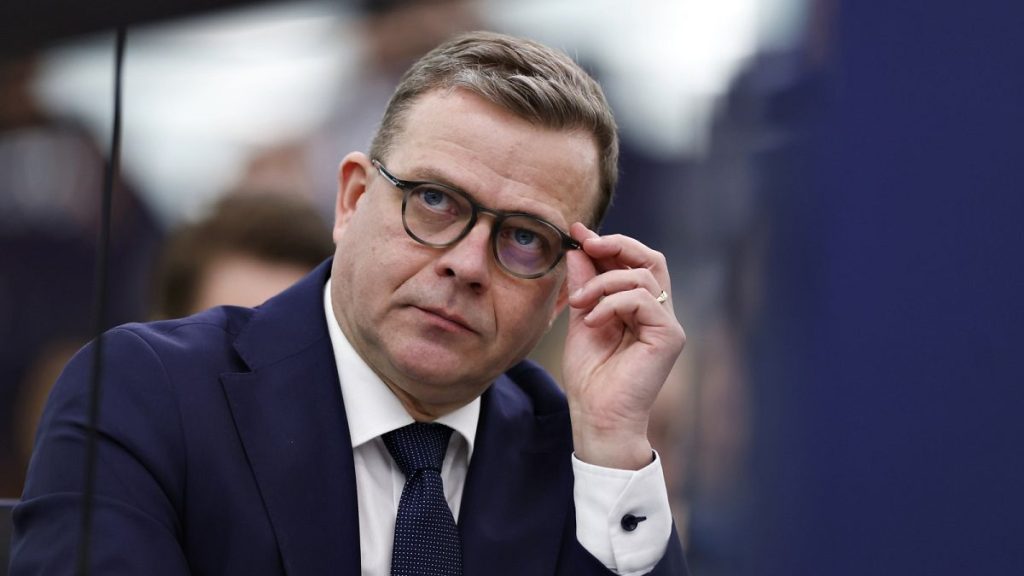Finland’s Prime Minister Petteri Orpo addressed the European Parliament, emphasizing his government’s commitment to a strong European Union that actively contributes to common security and economic growth. However, his speech was quickly overshadowed by criticism of his coalition with the Finns Party, a populist, Eurosceptic group associated with racism, anti-Semitism, and neo-Nazism scandals. Progressives raised concerns about the blurred line between the traditional right and the extreme right in Europe, with Iratxe García Pérez of the Socialists and Democrats condemning Orpo’s alliance with the far right as a threat to European democracy and integration.
Orpo’s call for a rethink of the Green Deal initiative after the upcoming European Parliament elections sparked debate, with his emphasis on fostering innovation and incentives over regulation facing pushback from Green Party co-chair Philippe Lamberts. Lamberts argued that regulation is necessary to set targets and create markets for renewable energy, pointing out the contradiction between Orpo’s frugal stance on public spending and the financial requirements of climate policies. Orpo was also criticized for aligning with parties that consider certain human beings as inferior, contrasting with the recent electoral outcome in Portugal where conservative parties have rejected alliances with the far right.
Despite criticisms from progressive MEPs, Orpo received support from right-wing and hard-right lawmakers, including Nicola Procaccini of the ECR group, who commended Orpo for choosing to govern alongside the Finns Party, seen as a notable member of the ECR. While the EPP has distanced itself from the more extreme Identity and Democracy group, the ECR is considered a more acceptable ideological ally. However, the potential strengthening of both the ECR and ID groups based on current opinion polls could disrupt the existing grand coalition between conservatives, socialists, and liberals in the European Parliament.
In his defense of his coalition and political agenda, Orpo reiterated Finland’s government’s commitment to the rule of law, democracy, gender equality, and support for Ukraine, positioning himself as a pro-European Union leader despite criticisms of his alliances. The debate revealed the complexities of political alliances within the European Parliament, with Orpo’s partnership with the Finns Party highlighting the challenges of balancing mainstream conservatism with more radical populist elements. As the EU navigates uncertain times and transformations, the tension between different political ideologies and priorities poses significant challenges for the future of European integration and cooperation.
Orpo’s speech in the European Parliament highlighted the diverging views and approaches to key issues such as climate policy, political alliances, and the role of different party groupings within the EU framework. While some lawmakers supported his stance on incentivizing innovation and addressing climate change, others expressed concerns about the compatibility of his coalition with far-right elements and questioned the long-term implications for European democracy. The debate underscored the ideological and strategic complexities facing European leaders as they seek to navigate a rapidly evolving political landscape and uphold the principles of the European project.


